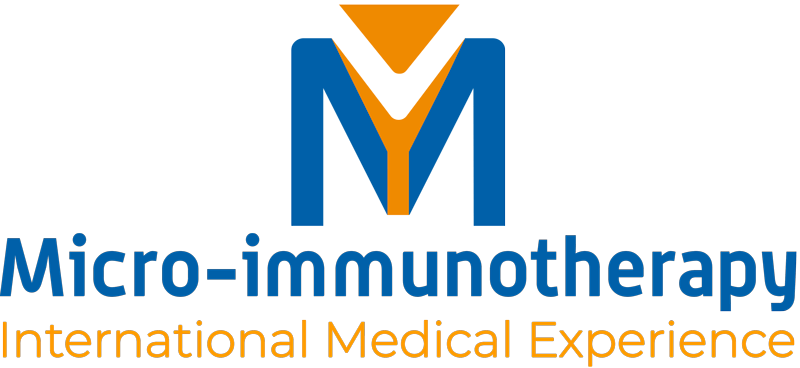Factors Influencing Women's Health
Today, a woman’s day-to-day life is not easy!
Busy lives, work and family responsibilities, hormonal changes. Thus, almost every woman is confronted with a gynecological disease in her lifetime, which can affect not only her physical well-being but also her emotional state. Stress and overwork can cause an imbalance in the neuro-endocrine-immune axis, weakening the immune system, and thus cause changes in the body that can lead to the development of many diseases.
Types of Gynecological Diseases
- Gynecological conditions: including the and its irregularities, puberty, menopause, premature ovarian failure (PIO), endometriosis, ovarian cysts (polycystic ovary syndrome), uterine fibroids, vaginitis and vulvodynia;
- Pregnancy-related events: mainly hypertension, gestational diabetes, pre-eclampsia, termination of pregnancy (miscarriage or death in utero), breastfeeding, postpartum depression and infertility problems;
- Ovarian, cervical and breast cancers.
In 2001, the World Health Organisation coined the term “gender medicine” to refer to the field that attempts to understand from different perspectives (biological, social and cultural) why certain diseases have a higher incidence in women than in men.
Common diseases with a higher incidence in women than in men include:
- Pelvic floor disorders
- Fibromyalgia
- Osteoporosis
- Depression
- Migraine
- Autoimmune diseases (Hashimoto’s thyroiditis)
- <Acute, chronic and recurrent infections (i.e. Papillomavirus, herpes, Epstein-Barr virus)
How Are Gynecological Diseases Treated?
Treatment depends on the type of disorder. Depending on the disease, there are medical treatments such as:
- Hormone substitutes (estrogens, progestins or gonadotropins)
- Gynaecological anti-inflammatories
- Local antibacterial and antifungal agents
- Genital antiherpetics or uterorelaxants.
Surgery is also a standard treatment, even if the condition is benign. Hysterectomy or conization may be considered in case of cervical or adnexal (fallopian tube, ovary) involvement.
In addition to the allopathic medicines recommended by classical medicine, non-conventional gynecological treatments also have their place of choice: Homeopathy and phytotherapy for gynaecological purposes in the form of tablets, ova, granules, drinkable solutions, etc. Natural remedies can be a good preventive solution in order to avoid the recurrence of certain gynecological conditions.
How Does A Strong Immune System Benefit Women’s Health?
In order to prevent the onset of gynecological diseases and to treat them more easily and quickly, it is necessary to strengthen the immune system, thus reducing the risk of disease, correcting internal imbalances and harmonizing the activity of the reproductive organs. A balanced diet, regular physical activity and a strong immune system are the best allies for women’s health and female reproductive health.
Complementary Micro-Immunotherapy Treatment
In this sense, micro-immunotherapy or low-dose immunotherapy provides a powerful therapeutic tool for women as it can:
- Act on a weakened or imbalanced immune system
- Fight bacterial and viral infections
- Modulate the inflammatory response and pain.
It is an ideal ally for pathologies that affect women’s health, as it modulates the immune response in a targeted and gentle way, tailored to the needs and specificities of each woman. It works its effect in a sequence that reproduces the cascade of reactions of the immune system to optimise its functioning in the face of internal and external disrupting factors.
Micro-immunotherapy can be used both in the prevention of gynecological diseases and specifically in the treatment of:
- Condylomata
- Chlamydia
- Endometriosis

